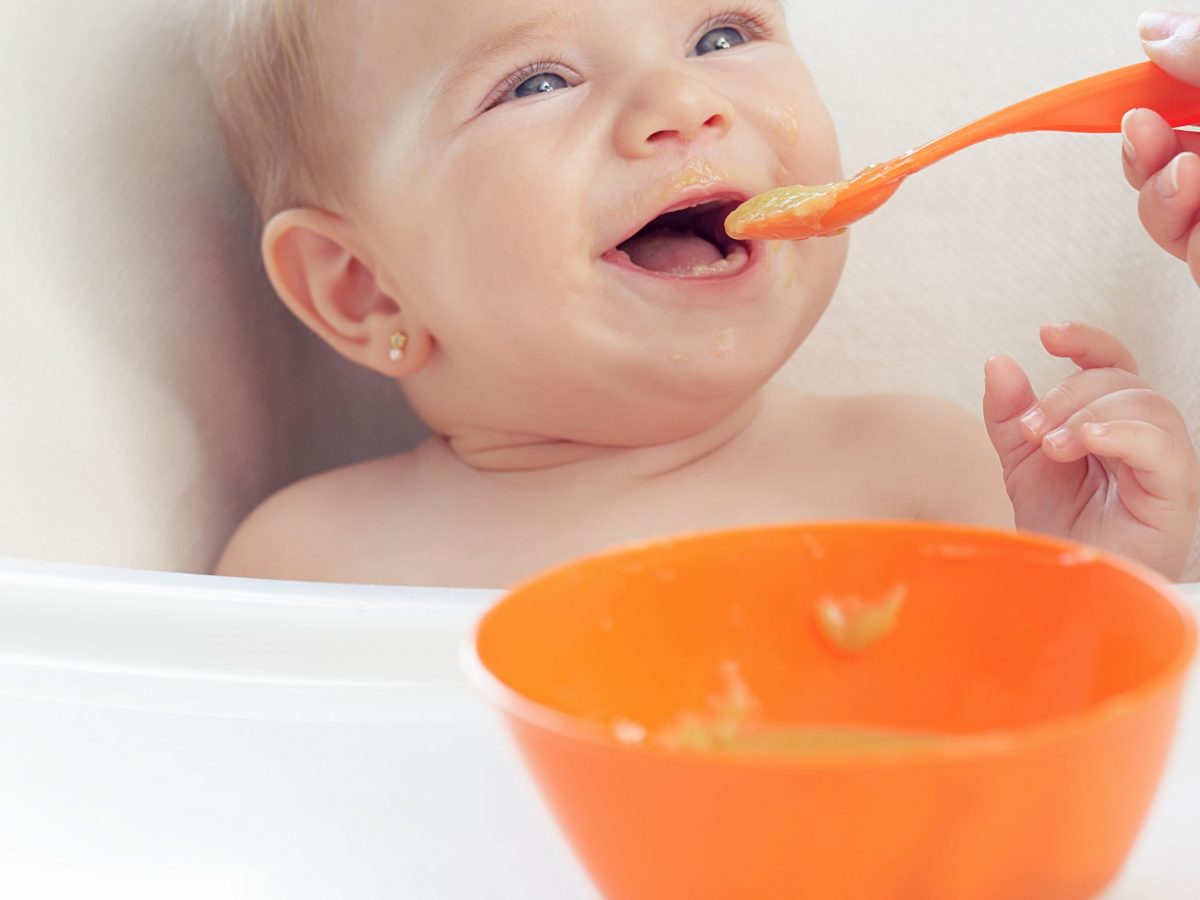Starting to feed solid foods to babies is an electrifying milestone for parents. But, it comes with a lot of concerns and questions, particularly about food allergies. Allergy is caused by antibodies that the body’s immune system produces, which respond to a constituent of a particular food and then discharge chemicals that cause allergic symptoms such as sneezing, runny nose, itching, and coughing.
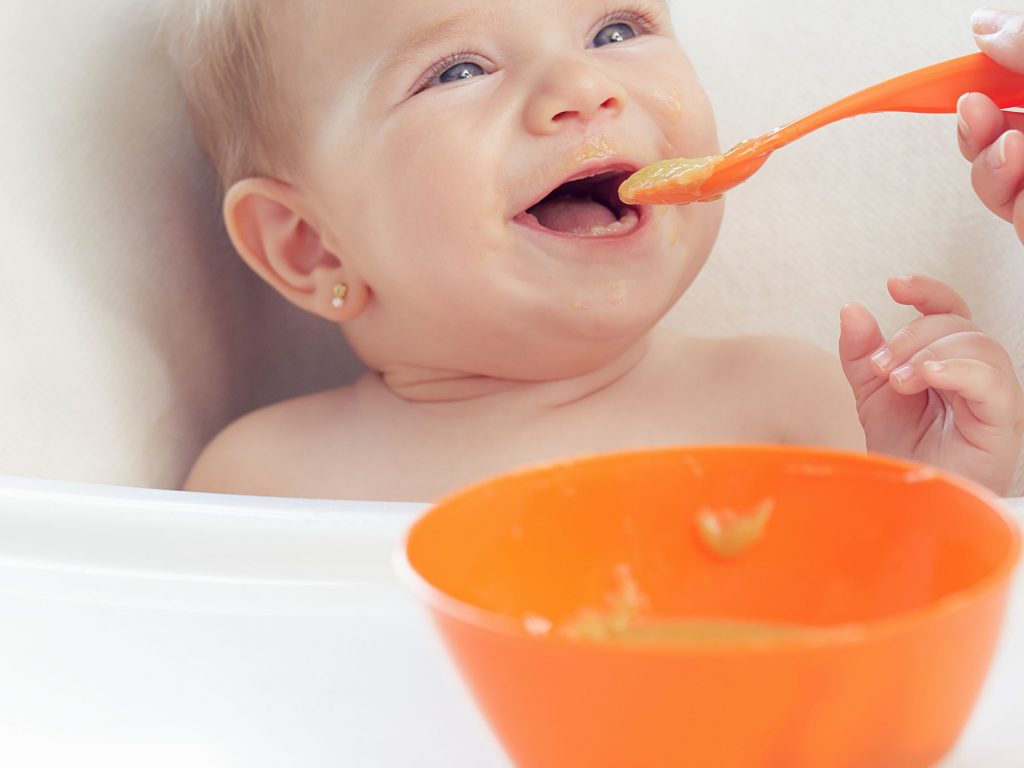
Start Gradually to Recognise Any Food Allergies
It is most essential to introduce a baby to new foods slowly, one at a time, in case of food allergies. If not, a parent may have difficulty finding out that the baby is sensitive to which food. For instance, if you offer your baby 3 new foods in a day and she builds up an allergic reaction, you would not know which of the foods triggered it.
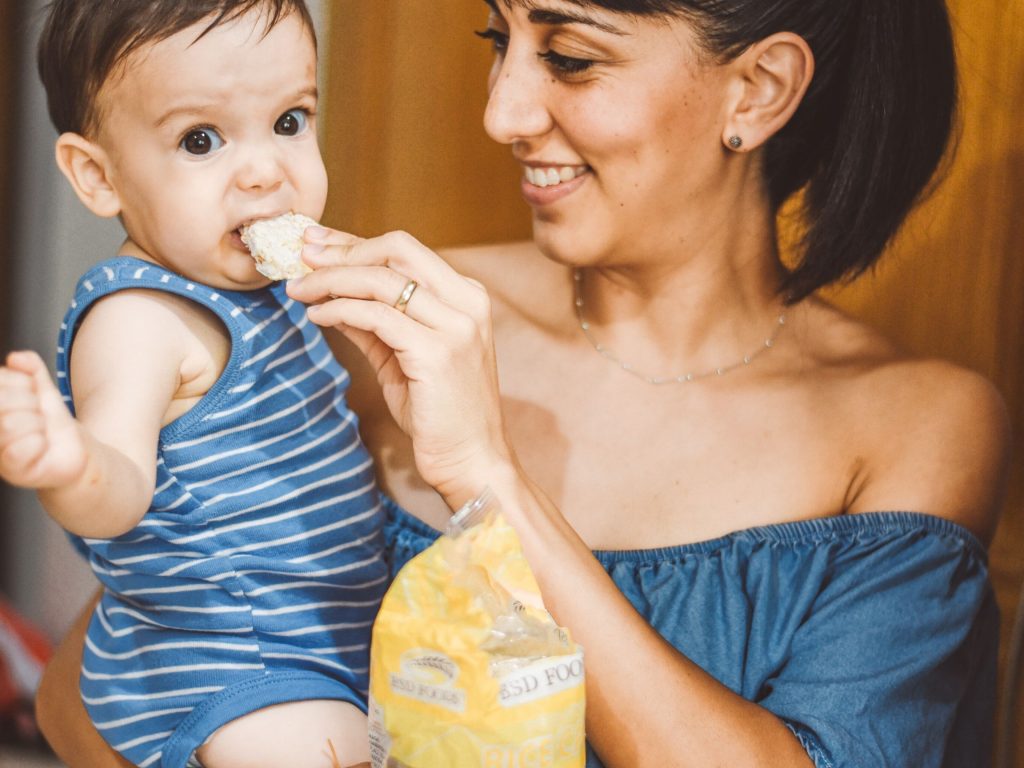
The type of food or the order in which food is introduced is not much anxiety, as long as the foods you are offering are well-balanced and healthy for the baby. Every time you provide a new food, you should wait for a few days before adding another innovative item to the menu. Do not get rid of the previous foods your baby is eating during that time; as you know these are safe for your baby.
Food Allergy Symptoms to Look for in Your Baby
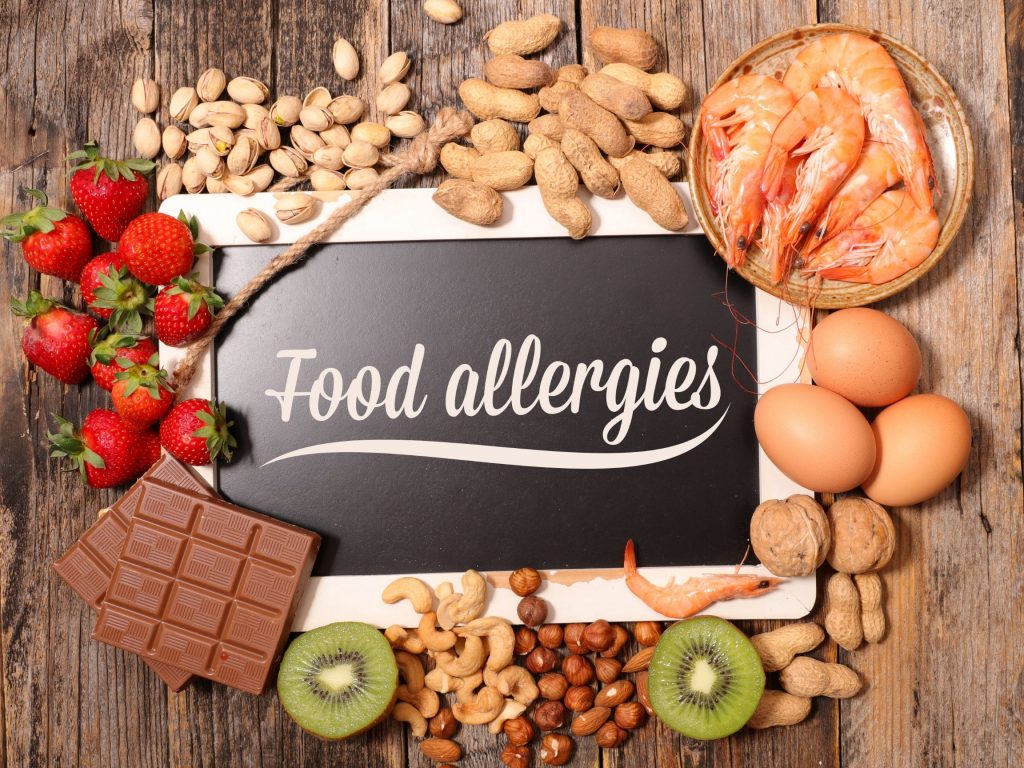
Food allergy symptoms typically appear very soon after the food is consumed. The reaction may occur in a few minutes to a couple of hours. If you are introducing new food to your baby, look for these symptoms:
- Trouble breathing
- Hives or welts
- Loss of consciousness
- Flushed skin or rash
- Diarrhoea and/or vomiting
- Lip, tongue, or face swelling
- Wheezing or coughing
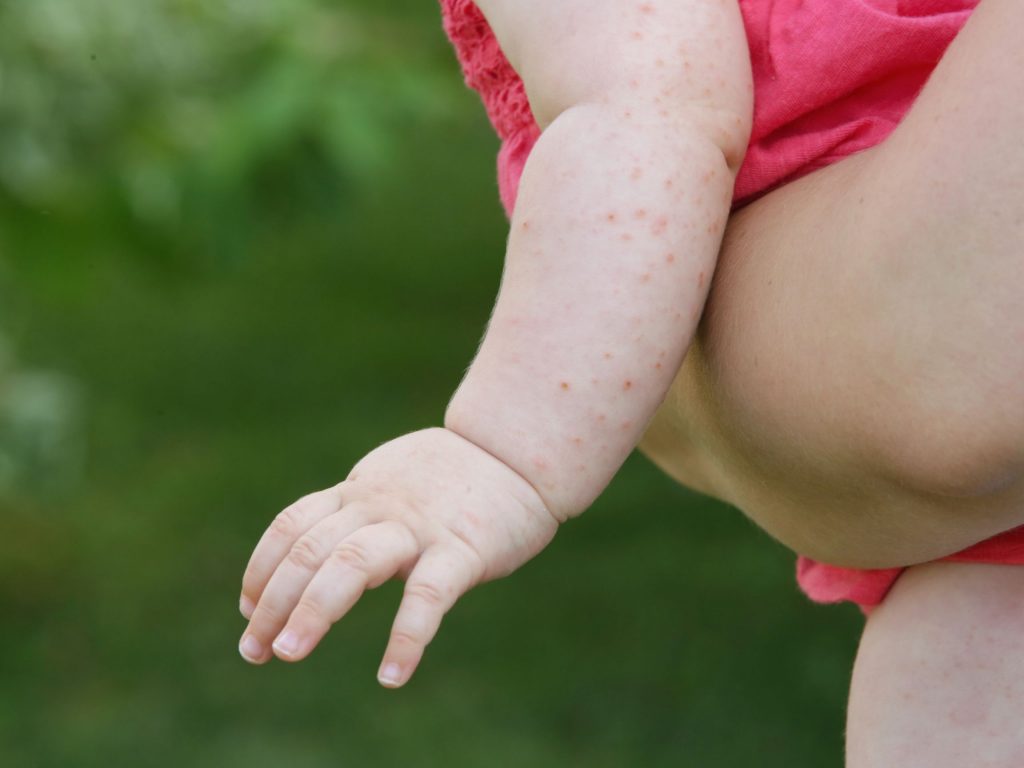
How to Diagnose Baby Food Allergies?
Doctors suggest that it is important to secure a reliable diagnosis before drawing any dietary conclusions. Remember that restricting a baby’s diet without your paediatrician’s guidance carries risks of its own. If your baby has stomach issues or is picky after meals, talk to your paediatrician and visit an allergist. Sometimes the issue is not related to food allergies at all rather it can be due to overfeeding, incorrect mixing of formula milk, etc.
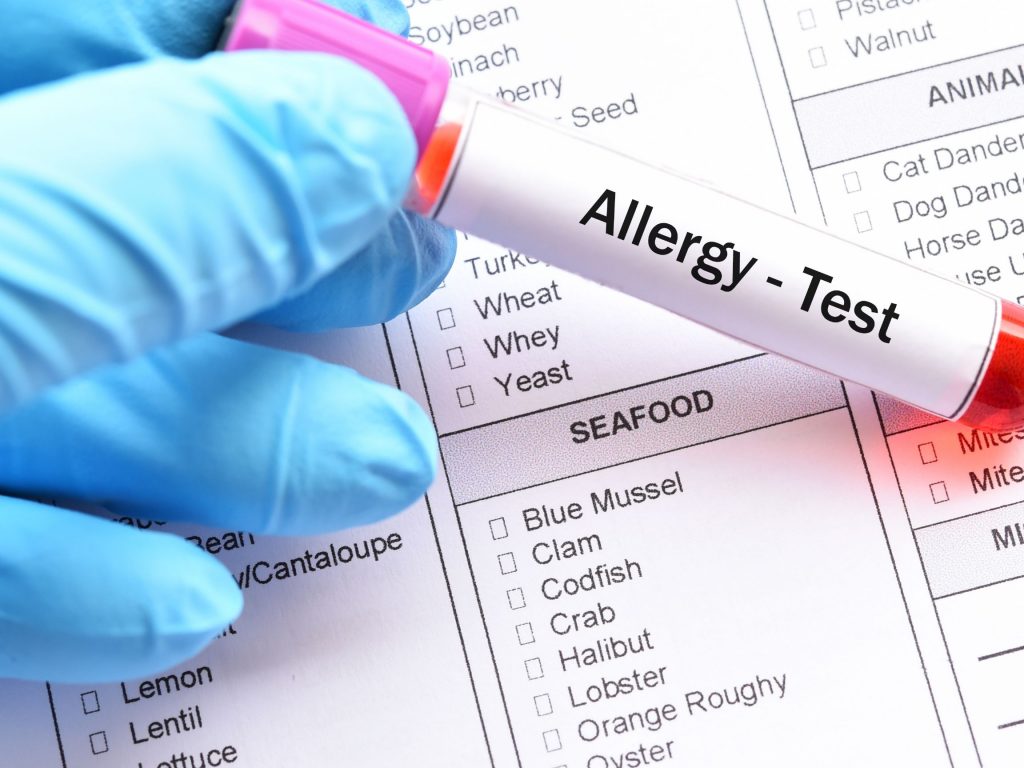
If your little one is diagnosed with an allergy or is sensitive to a particular food, you will have to stay away from her trigger foods. If your little one is allergic to milk, doctors will typically put the baby on a hypoallergenic formula. Just keep in mind; while food allergies can be annoying and even frightening, they do not essentially last forever. Several kids grow out of them by age five.
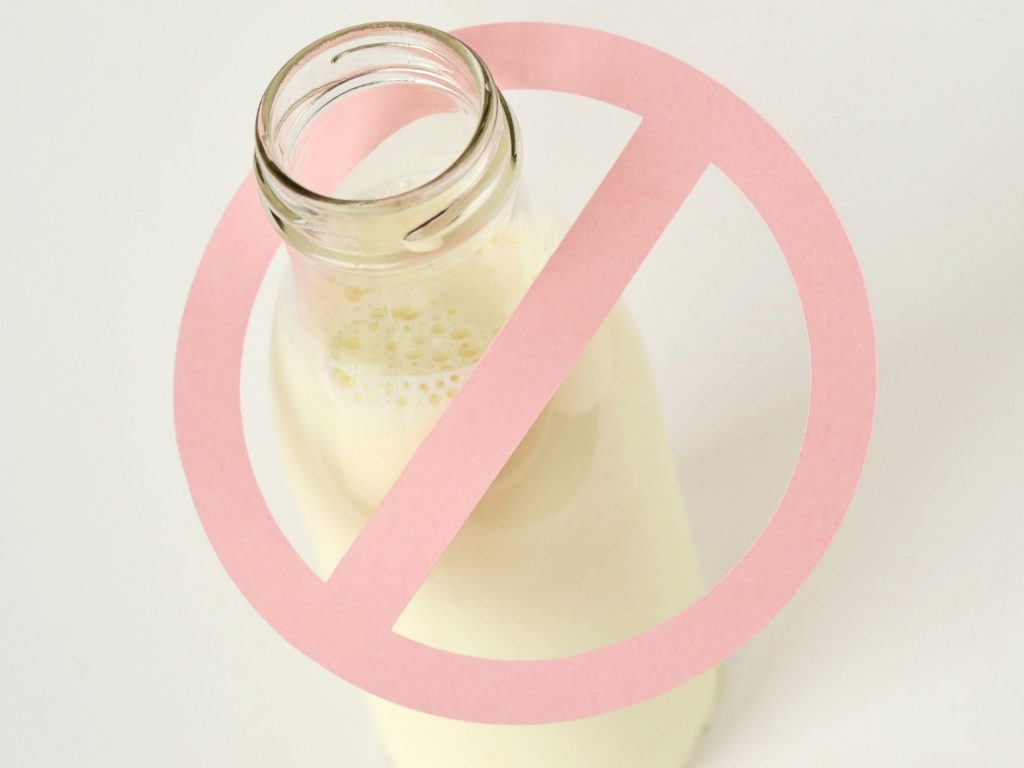
If you expect a sensitivity or food allergy, verify your suspicions
If you see a few warning signs and start to suspect that your infant may have a food allergy or is sensitive to a particular food, then take appropriate steps:
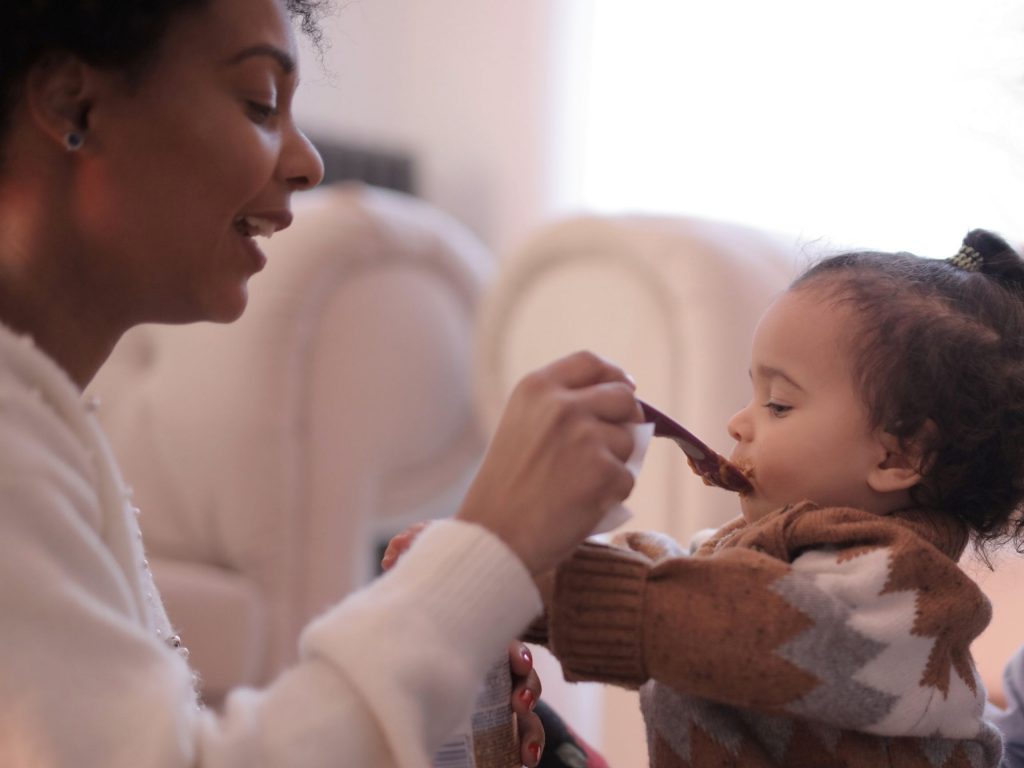
- Choose an elimination diet. This diet enables you to test how your baby reacts when you eliminate a specific food from her diet and then introduce it later. An elimination diet is a great tool to use if your baby’s symptoms are not life-threatening and acute.
- Look for medical assistance if essential. If your kid’s symptoms are serious, seek medical attention at once. A paediatrician will be able to carry out a range of tests to give you a diagnosis.
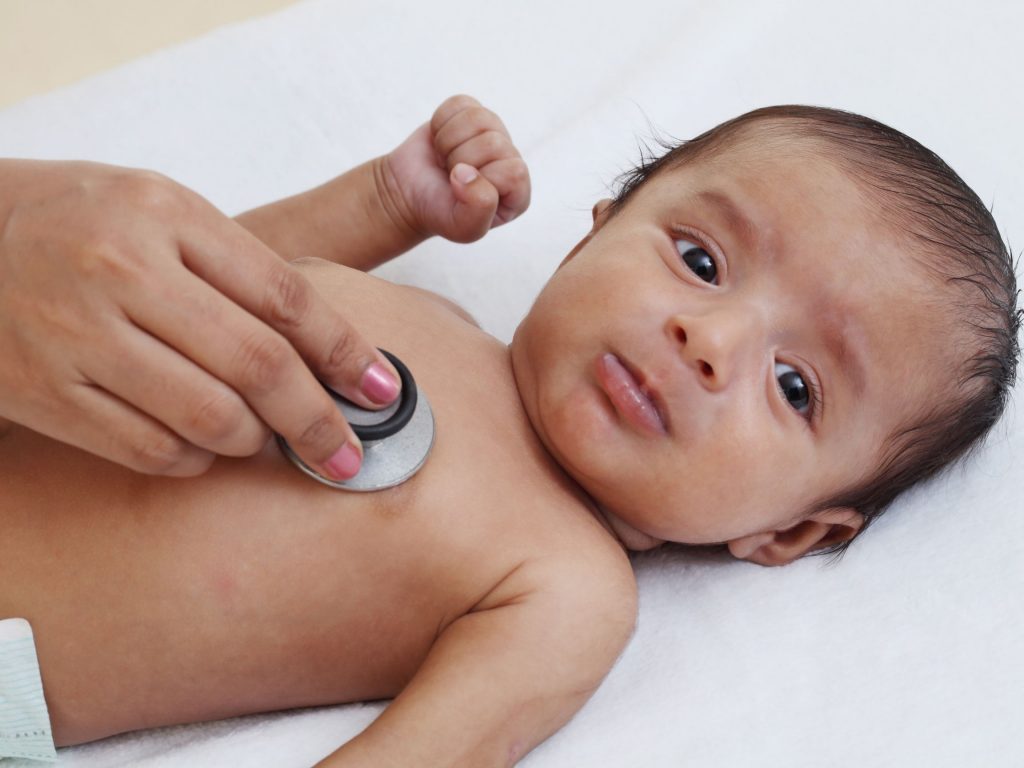
After you have confirmation about your baby’s food sensitivity or allergy, let your paediatrician know about this. This comprises anyone who takes care of your baby. The people who will be supervising and feeding your little one must know exactly what he can and cannot eat.
